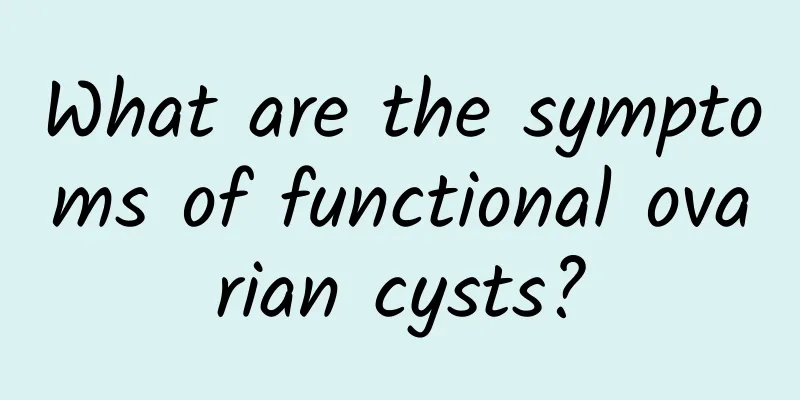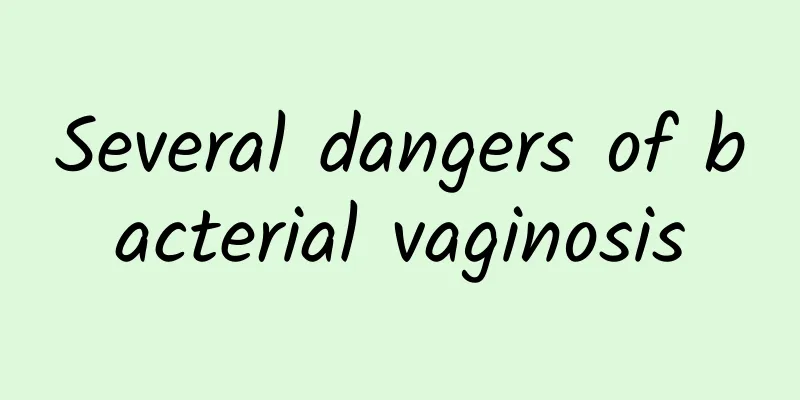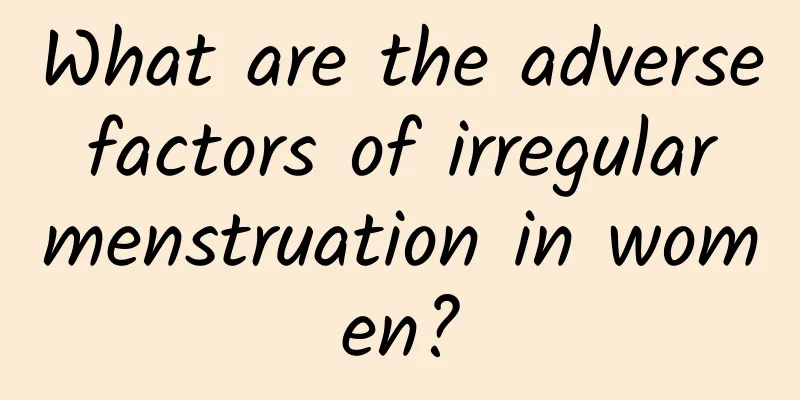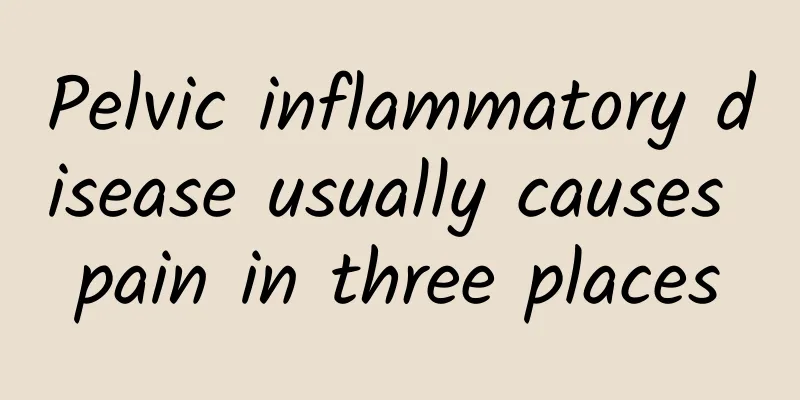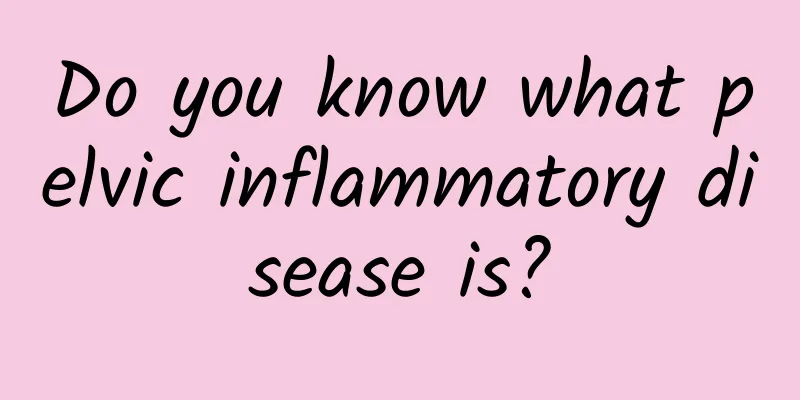Will a left ovarian cyst go away on its own?
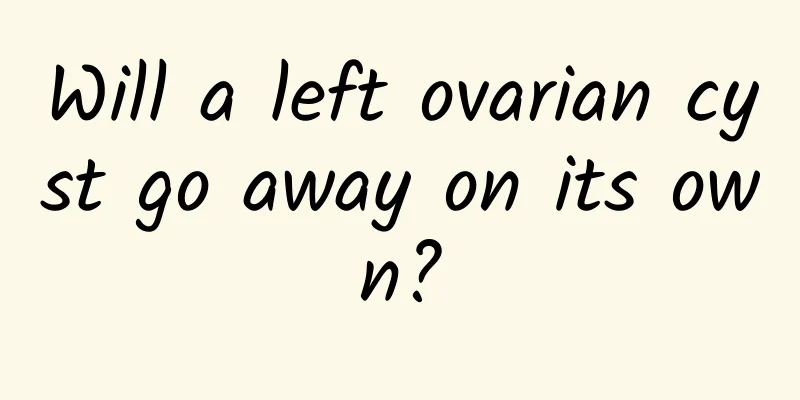
|
Will a left ovarian cyst go away on its own? Left ovarian cyst, to be precise, belongs to ovarian tumor, which refers to the disease formed by ovarian cystic tumor. Because it is a benign and malignant tumor, cystic and solid, the mortality rate of ovarian malignant tumor is high, ranking first among gynecological tumors. Once it is confirmed to be a left ovarian cyst, attention should be paid. The clinical manifestations of ovarian cysts are abdominal pain, abdominal discomfort, increased leucorrhea, yellow leucorrhea, leucorrhea odor, abnormal menstruation, and usually a solid and painless mass in the abdomen, which generally does not disappear on its own. According to traditional Chinese medicine, the main factors causing ovarian cysts are phlegm and blood stasis, stagnation of qi and blood or postpartum cold, and stagnation of blood. Sulfur liver regulates qi, promotes blood circulation and removes blood stasis, softens and disperses nodules, and clears away heat and detoxifies. If the left ovarian cyst is benign, it may also disappear on its own. Abortion can interfere with the body's natural regulatory function, hinder the ovulation function of the ovaries, hinder the discharge of eggs, accumulate follicular fluid, and form cyst-like substances, called follicular cysts, which can be absorbed and disappear within 3-6 months. But it still depends on the size of the cyst, texture, whether the surrounding tissues are adhered, and pelvic effusion. If the left ovarian cyst is less than 5cm in size, cystic, thin-walled, and well-active, it is often considered a follicular cyst or corpus luteum cyst, which belongs to the category of physiological cysts. It can be observed for 2-3 months or taken oral contraceptives, and it can disappear on its own. If the cyst is larger than 5 cm or even larger than 8 cm, ultrasound suggests that the cyst is cystic, solid, or solid echo, accompanied by pelvic effusion or obvious abdominal pain. Most of these cysts cannot disappear on their own and require surgical intervention. |
<<: What to do if you suddenly feel dizzy and have stomach pain during menstruation
>>: How to treat ovarian cysts
Recommend
The most obvious symptoms of intrauterine adhesions
Intrauterine adhesions do not have the most obvio...
Protecting your liver doesn’t have to be hard! Nutritionists teach you 6 dietary principles to protect liver health
The liver is one of the largest internal organs i...
Liu Genghong's "Shuttlecock Exercise" became an internet sensation! Rehabilitation doctor: 3 key points of distance exercise to reduce sports injuries
According to media reports, 49-year-old artist Li...
Why can't you eat taro if you have uterine fibroids? Can you eat taro if you have uterine fibroids?
Why can't people with uterine fibroids eat ta...
Pelvic inflammatory disease is afraid of several drugs
If you don't have pelvic inflammatory disease...
Bacterial vaginosis healthy diet
In life, we often see many women appearing in gyn...
What are the causes of pelvic inflammatory disease?
Pelvic inflammatory disease is very harmful to wo...
Hug your bird stomach and massage your ear points to get rid of your appetite
The small stomach of your dreams only lasts for t...
How to regulate irregular menstruation? These dietary therapies can regulate irregular menstruation.
Many diseases such as irregular menstruation and ...
What to do if you are pregnant with uterine fibroids
Uterine fibroids can coexist with pregnancy, and ...
What are the dangers of mild cervical hypertrophy
What are the dangers of mild cervical hypertrophy...
Experts explain the main symptoms of cervical hypertrophy
It is understood that many female friends misdiag...
Causes of ovarian cysts
What are the causes of ovarian cysts? Ovarian cys...
How to treat pelvic inflammatory disease
How is pelvic inflammatory disease treated? Pelvi...
How to diagnose cervicitis
Cervicitis is a common gynecological disease that...
